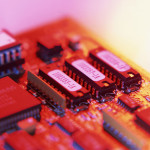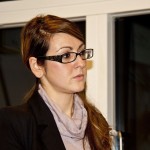Smart grids are considered a key component in Denmark’s energy future. In a presentation on the Danish Smart Energy Strategy, Anne Højer Simonsen, Deputy Permanent Secretary of the Danish Ministry of Climate, Energy and Building, said that the country’s transition would not be possible without smart grids. Denmark aims to use renewables to cover, by 2035, all of its electricity and heat supply, and, by 2050, all of its energy supply, for electricity, heating, industry and transport.
Anders Stouge, Deputy Director General of the Danish Energy Association, said that from a smart grid perspective the European Commission states that the timely deployment of smart meters could encourage the uptake of demand-response and other innovative and smart services. He added that price signals are equally pivotal in encouraging flexibility on the supply side, by enabling storage or generation capacity to be more easily adjusted.
The event also saw Jørgen S. Christensen, CTO of the Danish Energy Association, present the association’s smart grid concept which gives grid companies a new opportunity to use flexibility as an alternative to grid reinforcement.
One of the main discussion points was the timeframe for policy initiatives and investments relating to the Danish Smart Grid strategy. While The Danish Ministry of Climate, Energy and Building saw no need for new policy goals for and immediate investments into smart grids as the Danish energy system is already adapted to absorb large quantities of fluctuating, renewable energy; the Danish energy industry is eager to have international standards for smart grid components and long-term policy goals to secure smart grid development and investment.







